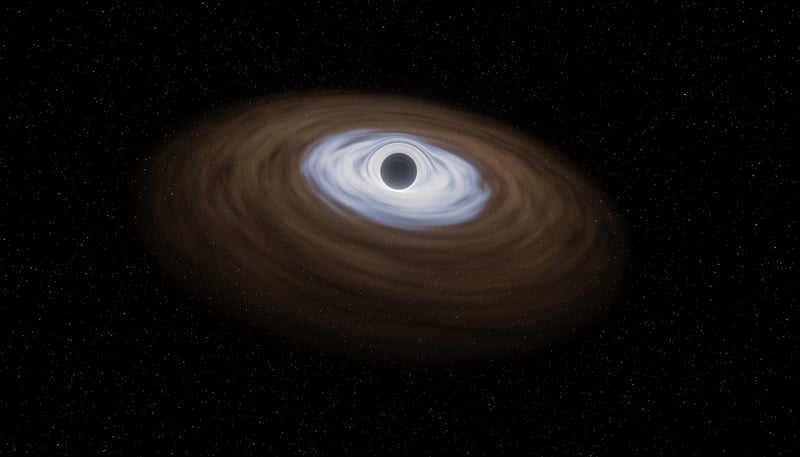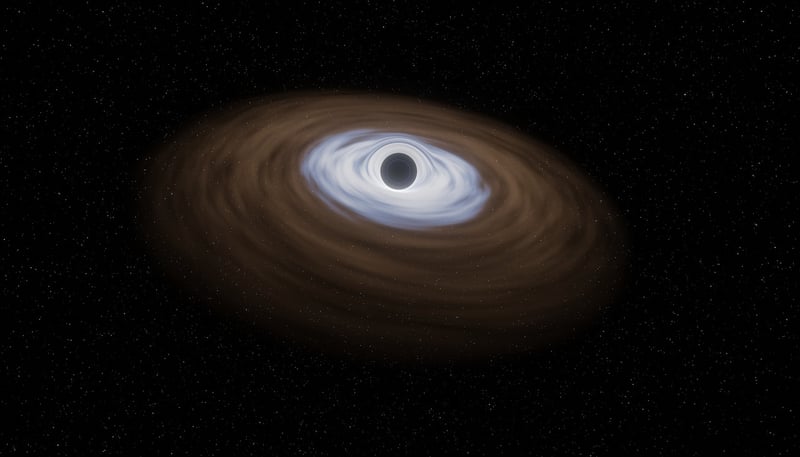Black Hole Investigations
The Mysteries of the Universe: Black Hole Investigations
Black holes are one of the most enigmatic and fascinating phenomena in the universe. These cosmic entities have puzzled scientists and inspired awe in stargazers for decades. Let's embark on a journey to explore the secrets of black holes and the ongoing investigations into these mysterious cosmic structures.
What are Black Holes?
Black holes are regions in space where gravity is so strong that nothing, not even light, can escape from them. They result from the remnants of massive stars that have undergone gravitational collapse. The boundary surrounding a black hole is called the event horizon, beyond which no information or matter can return.
Types of Black Holes:
- Stellar Black Holes: Formed from the remnants of massive stars.
- Supermassive Black Holes: Found at the centers of galaxies and can have masses equivalent to billions of suns.
- Primordial Black Holes: Hypothetical black holes that could have formed in the early universe.
Investigating Black Holes:
Scientists use various methods to study black holes, including:
- X-ray Observations: Detecting X-rays emitted from the hot gas swirling into a black hole.
- Gravitational Lensing: Observing how the gravity of a black hole bends light from distant objects.
- Simulations: Using computer simulations to model the behavior of black holes under different conditions.
Current Research and Discoveries:
Recent advancements in technology have enabled scientists to make groundbreaking discoveries related to black holes. From capturing the first image of a black hole's event horizon to studying the gravitational waves produced by black hole mergers, researchers continue to push the boundaries of our understanding of these cosmic enigmas.
Conclusion:
Black holes remain a captivating subject of study in astrophysics, offering insights into the fundamental laws of the universe. As scientists delve deeper into the mysteries of black holes, we can expect more revelations that will reshape our understanding of the cosmos.

Explore further:
Learn more about black holes from NASA's website.
